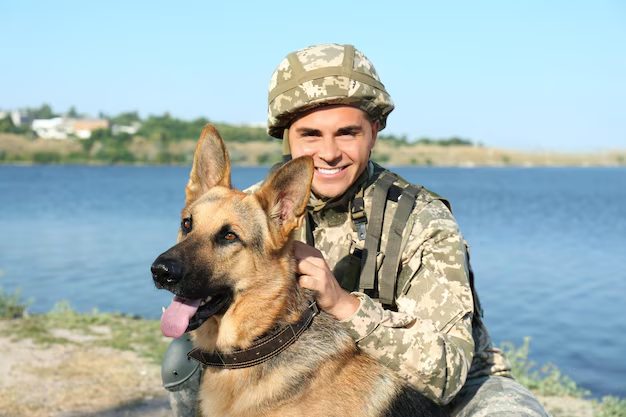How to Become a Military Veterinarian: Essential Degrees, Certifications, and Licenses
Embarking on the rewarding journey to become a military veterinarian requires a blend of dedication, formal education, and specialized training. At the core, aspiring military veterinarians must start with a Doctor of Veterinary Medicine (DVM) degree from an accredited veterinary college. This rigorous program equips you with comprehensive knowledge and skills to care for a variety of animals, including those serving in military roles. Upon completing your degree, passing the North American Veterinary Licensing Examination (NAVLE) is crucial to achieve veterinary licensure, which is a prerequisite to practice in any capacity. Many military veterinarians also pursue specialization through programs like the Army’s Veterinary Corps, which offers targeted training in areas such as public health, food safety, and animal medicine. This unique career path not only demands a strong academic foundation but also offers the chance to contribute to the health and well-being of both animals and humans in military operations.
To further enhance your career prospects, acquiring additional certifications in fields like animal behavior, nutrition, or surgery can be beneficial. Participation in military-specific training programs also strengthens expertise, making you an invaluable part of any veterinary team. Recognizing the importance of these educational pathways not only enhances your qualifications but also positions you as a candidate capable of handling the unique challenges of a military environment.
Degrees, Certifications, and Licenses to Become a Military Veterinarian:
- 🎓 Doctor of Veterinary Medicine (DVM) Degree
- 📜 Veterinary License (Pass NAVLE)
- 🩺 Military Training in Veterinary Medicine (e.g., Army Veterinary Corps)
- 📑 Specialty Certifications (e.g., Animal Behavior, Surgery, Nutrition)
